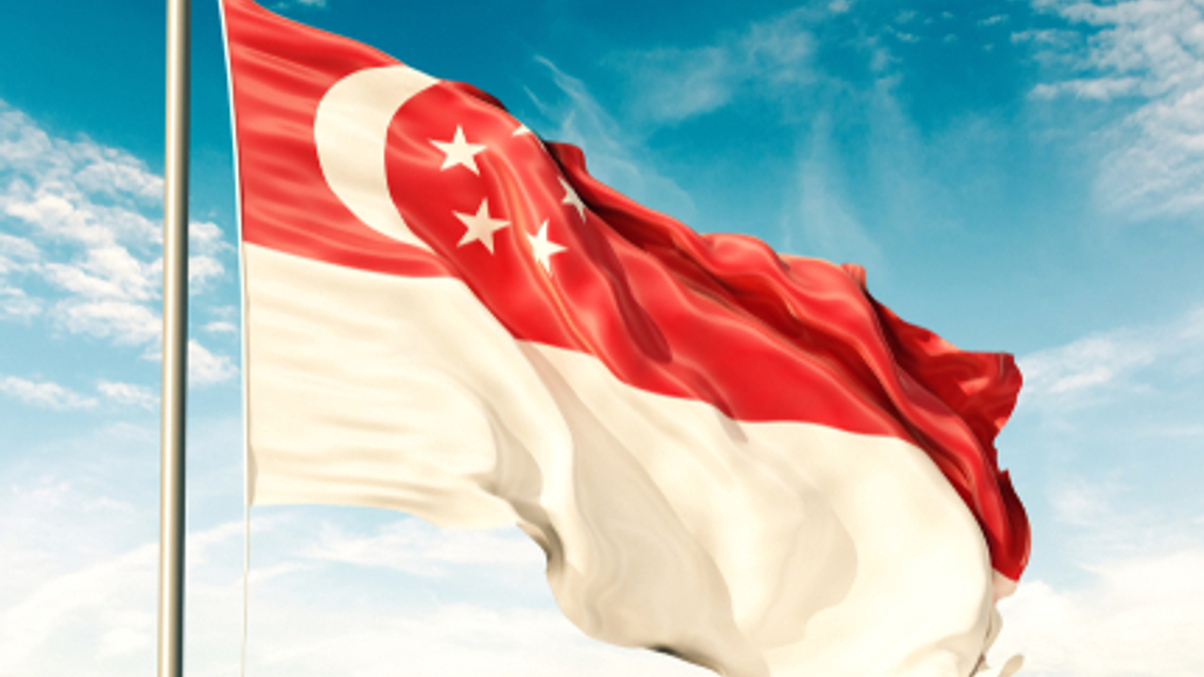GIC and Temasek tighten grip on dealmaking crown
The Singapore funds have reinforced their standing as the world's most active sovereign wealth investors, underlining the benefits of strong global resources and partnerships.

Singapore’s two sovereign wealth investors frequently rank as the most active dealmakers globally, but they have strongly tightened their grip on that crown during the Covid-19 pandemic.
Sign in to read on!
Registered users get 2 free articles in 30 days.
Subscribers have full unlimited access to AsianInvestor
Not signed up? New users get 2 free articles per month, plus a 7-day unlimited free trial.
¬ Haymarket Media Limited. All rights reserved.


